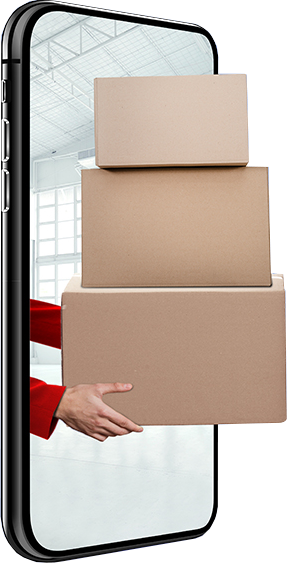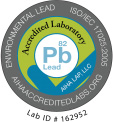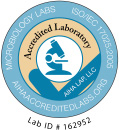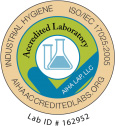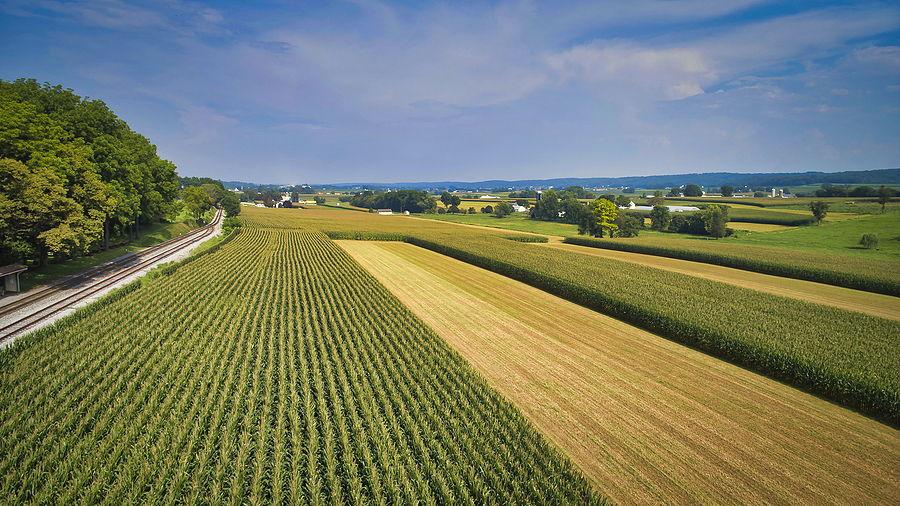
Soil vapor intrusion (SVI) is an environmental issue that has gained considerable attention in recent years. Awareness and education have been raised after train derailments like in East Palestine, Ohio in 2023, which brought unfortunate but crucial attention to the threat that volatile organic compounds (VOCs) pose when released through toxic plumes.
Soil vapor intrusion occurs when volatile chemicals in contaminated soil or groundwater migrate into indoor air spaces of buildings, posing potential health risks to occupants in residential and commercial properties.
What is Soil Vapor Intrusion?
Soil vapor intrusion refers to the process by which volatile organic compounds (VOCs), certain semi-volatile organic compounds (SVOCs), and other hazardous gases seep from contaminated soil or groundwater through cracks in foundations, basements, or slabs into the indoor air of nearby homes or buildings. Common vapor-forming contaminants can include petroleum products, industrial solvents, pesticides, and radon. Train derailments aren’t the only potential source of these contaminants, others include gas stations, dry cleaners, industrial areas, and factories.
Health Implications
The health risks associated with soil vapor intrusion largely depend on the type and concentration of the contaminants, as well as the duration of exposure. Short-term exposure to high levels of VOCs can lead to headaches, dizziness, respiratory irritation, and eye irritation. Symptoms associated with short-term exposure are typically temporary and go away once vapors are addressed.
Long-term exposure to chemicals, especially to carcinogenic VOCs like benzene, vinyl chloride, or trichloroethylene, may pose different health risks and increase the likelihood of cancer, neurological disorders, liver and kidney damage, and reproductive effects.
Assessing Soil Vapor Intrusion
It’s critical that vapor intrusion sampling and testing be performed by knowledgeable environmental professionals familiar with TO-15 methods and protocols. SanAir’s Centek division has an extensive background in sampling and analyzing a broad range of air contaminants including volatile organic compounds. We have also worked throughout the United States conducting accredited vapor intrusion testing.
Our technical staff can modify our instrumentation according to your project’s needs to achieve low detection limits while maintaining the highest quality data for your vapor intrusion projects. We work with large conglomerates, government agencies, as well as smaller private firms and homeowners to ensure accurate, high-quality results promptly.
Assessment of soil vapor intrusion involves a multi-step process to identify potential sources of contamination. This can be conducted through historical site use analysis and examining the physical layout of the building and surrounding land or sampling and analysis by collecting soil samples.
Unlike soil samples, the surrounding soil does not need to be contaminated. The source can be off your property line, like a gas station with a leaking tank 1/10 of a mile away. An industrial plating or a dry-cleaning operation can be ½ mile away. If the solvent makes it to the water table and the table is flowing in the direction of your facility, gas vapors can settle under the sub-slab and migrate into your facility.
Indoor air samples, and sometimes groundwater samples are collected to analyze the types and concentrations of contaminants present as well. This allows for evaluation of the potential health risks based on the levels of contaminants found and the likelihood of exposure.
Independent Third-Party Soil Vapor Intrusion Testing
Soil vapor intrusion is a complex environmental issue that requires careful assessment and management to protect public health. Understanding the mechanisms of SVI and recognizing potential risks are critical steps in addressing this challenge. Property owners, environmental professionals, and regulatory agencies must collaborate to monitor and manage soil vapor intrusion, ensuring safe indoor air quality for all occupants.
Environmental professionals who need cost-effective independent third-party testing that enables agile sampling in the field and delivers stringent detection limit results can contact us at 1-888-895-1177 to discuss indoor air quality and vapor intrusion identification needs.




